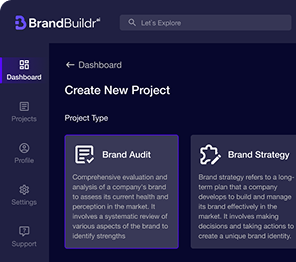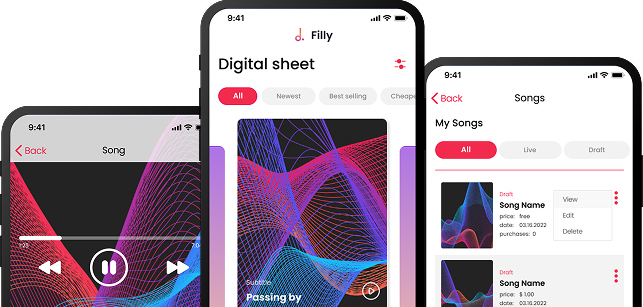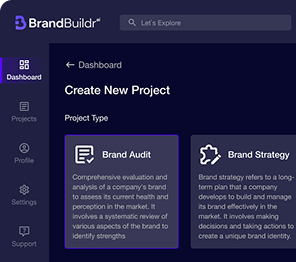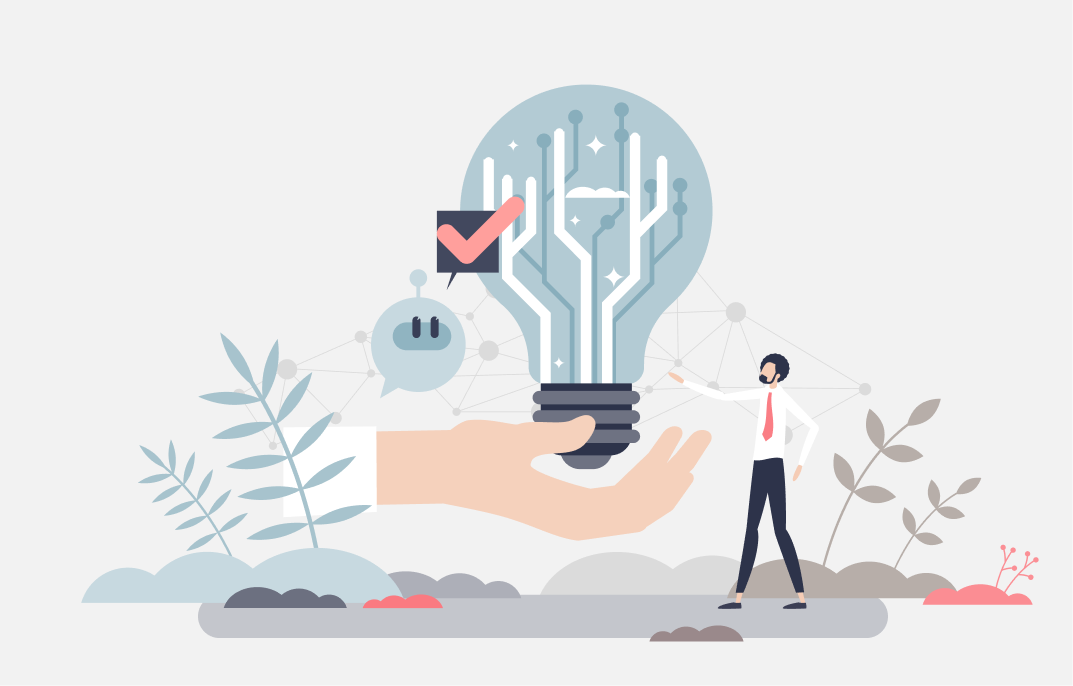The travel and hospitality industry thrives on delivering exceptional customer experiences. In an age where convenience and personalization are paramount, businesses are leveraging technology to meet and exceed customer expectations. At the forefront of this technological revolution are AI-powered chatbots — intelligent virtual assistants transforming how businesses interact with their customers.
From managing bookings to providing real-time assistance, AI chatbots are reshaping customer service in the travel and hospitality sectors. This article explores the role of AI chatbots, their benefits, challenges, and how businesses can effectively integrate them into their customer service strategies.

The Role of AI Chatbots in Travel and Hospitality
AI chatbots use artificial intelligence and natural language processing (NLP) to simulate human-like conversations. They operate on various platforms, including websites, mobile apps, and social media, providing 24/7 assistance to customers. Here’s how chatbots are making an impact:
1. Instant Assistance and Response
Travelers often need immediate answers to questions about bookings, check-ins, cancellations, or itinerary changes. AI chatbots provide instant responses, eliminating long wait times and enhancing customer satisfaction.
2. Streamlined Booking Processes
Chatbots can guide customers through the booking process, helping them choose flights, hotel rooms, or tour packages. They can even suggest add-ons like car rentals or travel insurance, creating a seamless, upselling experience.
3. Personalized Recommendations
By analyzing user preferences and past interactions, chatbots can provide tailored suggestions. For example, a chatbot might recommend family-friendly activities for a customer traveling with kids or suggest local dining spots based on a traveler’s dietary preferences.
4. Multilingual Support
AI chatbots can communicate in multiple languages, breaking down language barriers and catering to the global nature of travel. This is especially useful for international tourists seeking assistance in their native language.
5. Handling Common Queries
Routine inquiries about hotel amenities, check-out times, or baggage policies are efficiently managed by chatbots, freeing up human agents to focus on more complex tasks.
6. Crisis Management
During disruptions such as flight delays or natural disasters, chatbots provide real-time updates, rebooking options, and other crucial information to travelers.
Benefits of AI Chatbots for Travel and Hospitality
1. Enhanced Customer Experience
AI chatbots provide quick, accurate, and consistent responses, ensuring customers feel supported throughout their journey. Their ability to operate round-the-clock adds convenience, especially for time-sensitive inquiries.
2. Cost Efficiency
Automating routine customer service tasks with chatbots reduces the need for large customer support teams, leading to significant cost savings. Businesses can allocate resources to areas requiring a human touch.
3. Increased Operational Efficiency
Chatbots handle high volumes of inquiries simultaneously without compromising quality, ensuring efficient service during peak seasons or unexpected surges in demand.
4. Data Collection and Insights
Chatbots gather valuable data from customer interactions, such as preferences, feedback, and pain points. This information helps businesses improve their offerings and tailor marketing strategies.
5. Upselling and Cross-Selling Opportunities
By analyzing customer behavior, chatbots can recommend complementary services, such as room upgrades, spa treatments, or guided tours, driving additional revenue.

Challenges in Implementing AI Chatbots
While the advantages of AI chatbots are clear, businesses must navigate certain challenges:
1. Ensuring Accuracy and Understanding
Chatbots must accurately interpret customer inquiries to provide relevant responses. Miscommunication or incorrect answers can lead to frustration and damage trust.
2. Balancing Automation and Human Touch
While chatbots are efficient, there are situations where a human agent is indispensable. Striking the right balance between automation and human support is critical.
3. Maintaining Privacy and Security
Chatbots handle sensitive customer information, such as payment details and travel itineraries. Ensuring robust data security measures is essential to maintain customer trust.
4. High Initial Investment
Developing and deploying AI chatbots require a significant upfront investment, which can be a barrier for smaller businesses. However, the long-term benefits often outweigh the costs.

Best Practices for Integrating AI Chatbots
To maximize the potential of AI chatbots, businesses in the travel and hospitality sectors should follow these best practices:
1. Define Clear Objectives
Determine what you want your chatbot to achieve—whether it’s improving customer service, increasing sales, or enhancing operational efficiency. Aligning chatbot functionality with business goals ensures a focused implementation.
2. Leverage NLP for Conversational Depth
Invest in advanced NLP capabilities to ensure chatbots can understand and respond to a wide range of customer queries effectively. This includes recognizing slang, idioms, and contextual nuances.
3. Provide a Seamless Handoff to Humans
Ensure that customers can easily transition to a human agent when needed. This hybrid approach combines the efficiency of automation with the empathy of human interaction.
4. Offer Multichannel Support
Deploy chatbots across multiple platforms, including websites, mobile apps, and social media. This ensures customers can access assistance wherever they prefer.
5. Continuously Monitor and Improve
Regularly analyze chatbot performance and update it based on customer feedback and emerging trends. Continuous learning enhances the chatbot’s capabilities and customer satisfaction.

Use Cases of AI Chatbots in Travel and Hospitality
1. Airlines
Airline chatbots assist with booking flights, checking flight status, providing boarding information, and handling disruptions like cancellations or delays. For instance, KLM’s chatbot helps customers with flight bookings and even sends boarding passes via Messenger.
2. Hotels and Resorts
Hotel chatbots handle room reservations, provide local recommendations, and facilitate in-room services such as ordering food or requesting housekeeping. Marriott’s chatbot assists guests with booking and managing stays seamlessly.
3. Online Travel Agencies (OTAs)
OTAs like Expedia and Booking.com use chatbots to streamline the search and booking process, offering personalized travel packages and real-time support.
4. Cruise Lines
Cruise operators use chatbots to help passengers plan excursions, explore onboard amenities, and receive updates during their voyage.
5. Car Rental Services
Chatbots assist customers in finding the best rental deals, modifying reservations, and providing information about policies and locations.

The Future of AI Chatbots in Travel and Hospitality
The future of AI chatbots in travel and hospitality looks promising, with advancements in AI, NLP, and machine learning set to enhance their capabilities. Here are some trends to watch:
1. Voice-Activated Chatbots
With the growing popularity of voice assistants like Alexa and Google Assistant, voice-activated chatbots will become more prevalent, offering hands-free convenience to travelers.
2. Hyper-Personalization
AI chatbots will deliver even more personalized experiences by leveraging predictive analytics and real-time data to anticipate customer needs.
3. Integration with Emerging Technologies
Chatbots will integrate with technologies like augmented reality (AR) and virtual reality (VR), enabling customers to explore destinations or hotel rooms before booking.
4. Proactive Customer Engagement
Future chatbots will proactively assist customers by sending reminders, suggesting itinerary changes, or alerting them about potential disruptions.
AI chatbots are not just transforming customer service; they are reshaping how travelers connect, plan, and experience the world — offering personalization, efficiency, and 24/7 support like never before.
Conclusion
AI chatbots have become game-changers in the travel and hospitality industry, offering businesses the ability to deliver faster, more personalized, and highly efficient customer service. By tackling common challenges and adhering to best practices, companies can ensure their chatbots provide exceptional value to both customers and the business.
At Codebridge, we specialize in crafting AI-driven solutions tailored to the unique needs of the travel and hospitality sector. Whether it’s developing multilingual chatbots, integrating advanced NLP features, or creating seamless human handoff systems, our AI development services are designed to help your business thrive in today’s competitive landscape.
Don’t miss the opportunity to revolutionize your customer service strategy. Schedule a consultation with our experts or contact us today to explore how we can help you build intelligent chatbot solutions that drive growth and enhance customer satisfaction. Let’s elevate your business to new heights in the era of AI-powered customer service!
Heading 1
Heading 2
Heading 3
Heading 4
Heading 5
Heading 6
Lorem ipsum dolor sit amet, consectetur adipiscing elit, sed do eiusmod tempor incididunt ut labore et dolore magna aliqua. Ut enim ad minim veniam, quis nostrud exercitation ullamco laboris nisi ut aliquip ex ea commodo consequat. Duis aute irure dolor in reprehenderit in voluptate velit esse cillum dolore eu fugiat nulla pariatur.
Block quote
Ordered list
- Item 1
- Item 2
- Item 3
Unordered list
- Item A
- Item B
- Item C
Bold text
Emphasis
Superscript
Subscript




















.avif)



.avif)

.avif)



